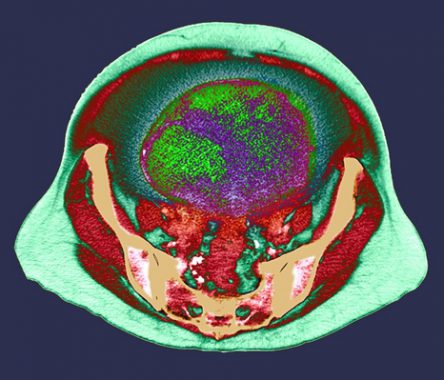A new test for ovarian cancer could double the detection rate compared with conventional tests, researchers have reported.
The team showed that detecting changes in women’s CA125 levels over time, instead of looking for abnormal levels of CA125 at a single test, picked up twice as many ovarian cancers.
The study included over 46,000 women, aged 50 and older, who were screened yearly using the new approach, which involved a blood test for CA125 levels combined with use of a computer algorithm that incorporated various risk factors such as age, and compared CA125 levels with their original test result to assess how it had changed over time.
The new approach picked up 86% of the 155 women who were found to have invasive epithelial ovarian cancer, while the conventional test would have identified fewer than half of these women – 41% according to previous trials using a fixed CA125 cut-off of >35 U/mL, or 48% according to experience in clinical practice using a CA125 cut-off of >30 U/mL.
Professor Usha Menon, professor of gynaecological cancer at University College London, who collaborated on the research, said the results were ‘very encouraging’ but a further study is needed to judge whether the approach could form the basis of a national screening programme.
Professor Menon said: ‘[The results] show that use of an early detection strategy based on an individual’s CA125 profile significantly improved cancer detection compared to what we’ve seen before.’
She added: ‘The numbers of unnecessary operations and complications were within acceptable limits and we were able to safely and effectively deliver screening for over a decade across 13 NHS Trusts.
‘While this is a significant achievement, we need to wait until later this year when the final analysis of the trial is completed to know whether the cancers detected through screening were caught early enough to save lives.’

















